|

Types of
Brain Injury
Acquired Brain Injury (ABI)
Acquired brain injury
(ABI) is a brain injury caused by events after birth, rather than as
part of a genetic or congenital condition. Two common types of ABI
are strokes and trauma.
Brain injuries due to trauma are referred to as Traumatic Brain
Injury (TBI)
Traumatic Brain Injury (TBI)
A
traumatic brain injury
is a type of acquired brain injury and has two broad
classifications:
open head injury
and
closed head injury.
Open head injury occurs when the
skull is penetrated by a sharp instrument (such as a knife, bullet
or shrapnel). Open head injuries are rare.
Closed head injury
is
sustained by
sudden acceleration/deceleration
force
that causes the brain to move around in the skull. The
inside of the skull has several bony structures that can injure the
brain. Closed head injury is the most common TBI that occurs. Examples
of closed head injury include motorcar
accidents and sports injuries.
What
are some possible symptoms of a brain injury?
|
Behavioural
-
Irritability/frustration
-
Poor impulse control
-
Talking more
-
Rushing into things
-
Suspicion
-
Difficulty in social situations
-
Don't think of others
-
Increased or decreased sex drive
-
Sleep changes
-
Outbursts
-
Impulsive
-
Self-centred
-
Time management difficulties
|
Cognitive
-
Memory Loss - short term
-
Concentration difficulties
-
Trouble solving problems
-
Inflexibility
-
Difficulty in understanding - comprehension
-
Learning difficulties
-
Sequencing difficulties
-
Perceptual problems
-
Processing, planning and organising difficulties
|
Physical
|
What
are some of the ways we can
prevent head injuries?
Wear a safety belt
Every time you
drive or ride in a car, insist that everyone wears a safety belt.
Never drink and drive. Airbags also increase safety.
Be careful
around your home
Use care with
ladders and on stairs. Watch out for other hazards, such as open
cabinet doors overhead.
Wear a
helmet
Whenever you
are on a motorcycle, bicycle or horse, or if you play any sport that
involves a high risk of head injury wear a safety approved helmet.
Watch
children carefully
Be especially
careful when they are in highchairs, strollers or places where they
could fall. Use restraining belts whenever possible.
Never shake
a child
Shaking anyone
can cause brain damage.
Don't dive
into unfamiliar water
Always know how
deep water is before you dive or slide.
|
What is a concussion?
A concussion is
a mild traumatic brain injury and can
occur from a blow to the head or violent shaking. It is a very common injury
in New Zealand, with approximately 24,000 cases every year.
Signs and
Symptoms
Some immediate signs that a person has
sustained a concussion include:
|
|
 |
Appears dazed |
|
 |
Confused |
|
 |
Poor balance and lack of coordination |
|
 |
Answers questions slowly |
|
 |
Runs in the wrong direction |
|
 |
Forgets events that occurred before and
after impact |
|
 |
Loses consciousness Ė but it is important
to remember that a person can sustain a concussion without losing
consciousness |
|
 |
Nausea and vomiting |
|
 |
Double or blurred vision |
|
 |
Confusion |
|
 |
Fatigue |
|
 |
Poor concentration |
|
 |
Memory problems |
|
 |
Sleep difficulties |
|
 |
Irritability |
|
 |
Sensitivity to noise and light |
|
 |
Ringing in ears |
|
Concussion Advice
If you have had a concussion, or think you
have a concussion TAKE IT SERIOUSLY and
see your doctor.
Signs to watch
for
Problems could arise over the first 24 hours.
You must go to the hospital if you:
|
|
 |
Have a headache that gets worse |
|
 |
Are very drowsy or canít be woken up |
|
 |
Canít recognise people or places
|
|
 |
Pass out or have a blackout |
|
 |
Vomit more than 3 times |
|
 |
Behave unusually or seem confused |
|
 |
Have seizures |
|
 |
Have weak arms or legs, or are unsteady
on your feet |
|
 |
Have slurred speech |
|
The person looking after you needs to get you
straight to the hospital or call 111 if they notice any of the above
symptoms. Donít hesitate Ė remember, it is better to be safe than sorry.
Sleeping
It is important not to go to sleep in the
first 4 hours. After that, a normal nightís sleep is needed, at the normal
time. If sleep seems strange in any way, the person looking after you needs
to know to rouse you until you can say a word or two, then let you go back
to sleep.
If there is any worry about the severity of
the blow, it is safest on the first night to gently rouse the sleeper every
2 hours during the night, and ask them to answer to simple questions. If a
person cannot be woken normally, then medical help must be sought.
Drinking
Do not drink alcohol or take sleeping pills
for at least 48 hours.
Driving
Do not drive for at least 24 hours. You can
drive again when you stop feeling giddy and you feel well enough; if you
have any concerns, talk to your doctor.
Pain relief
It is safe to take paracetamol for the
headache. Donít take medication containing aspirin or dispirin for the next
4 days. This type of of medicine can make you bleed more from cuts and
bruises.
Returning to
sport
You must stand down from sport for at least 3
weeks AND you should not return to sport or training until you are symptom
free AND have medical clearance. That way youíll return 100% ready for play.
Why?
|
|
 |
Repeated concussions have a cumulative
effect, so if you keep having concussions you may end up with a more
serious injury and a permanent disability. |
|
 |
Second Impact Syndrome Ė acute brain
swelling and bleeding that occurs when a second concussion is sustained
before the first one has healed properly. This can be difficult to
treat, and can be fatal. |
ACC
have a number of free resources that relate
to concussion

You can find a number
of links to further resources on the
LINKS page
| 


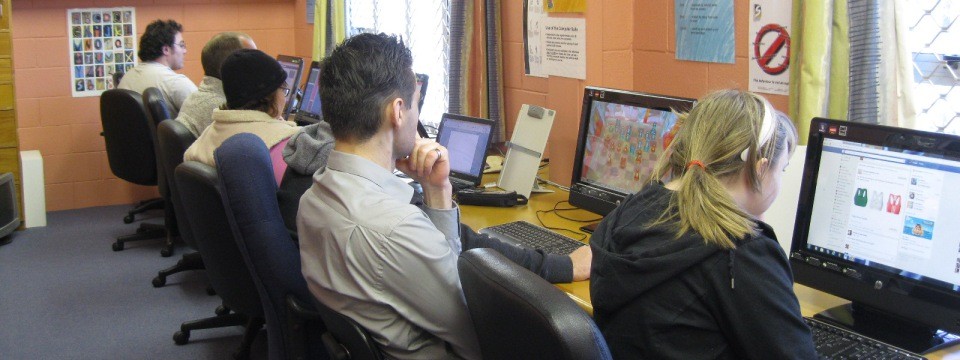


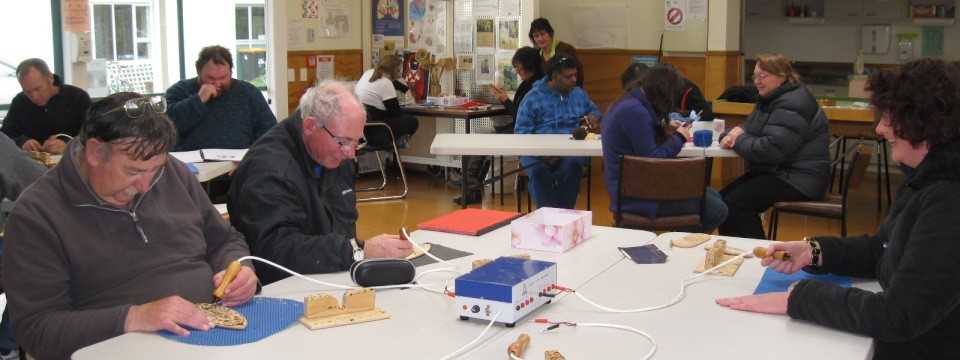
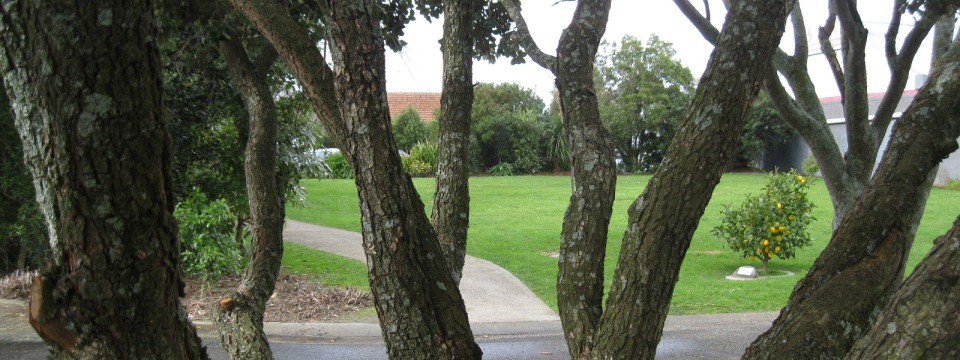
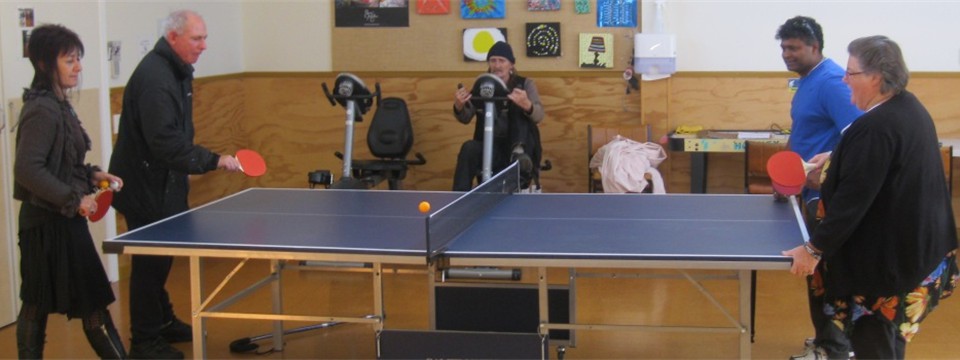
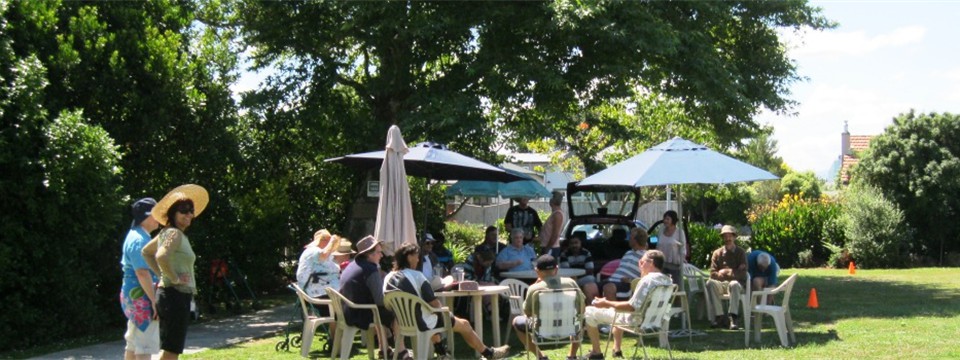

 2
2 3
3 4
4 5
5 6
6 7
7 8
8 9
9 10
10 11
11